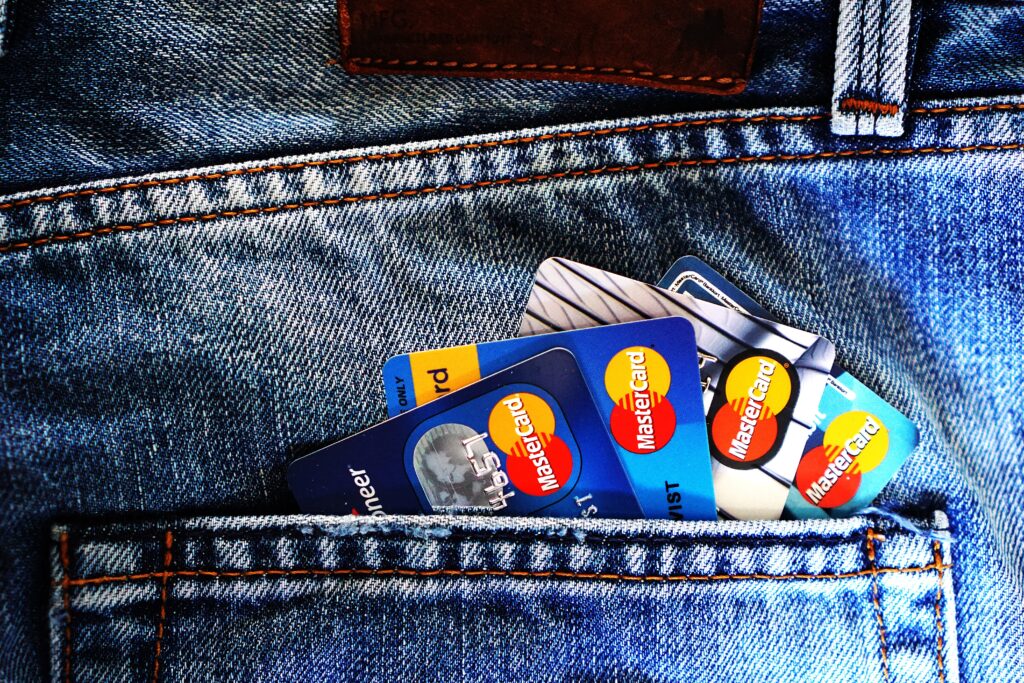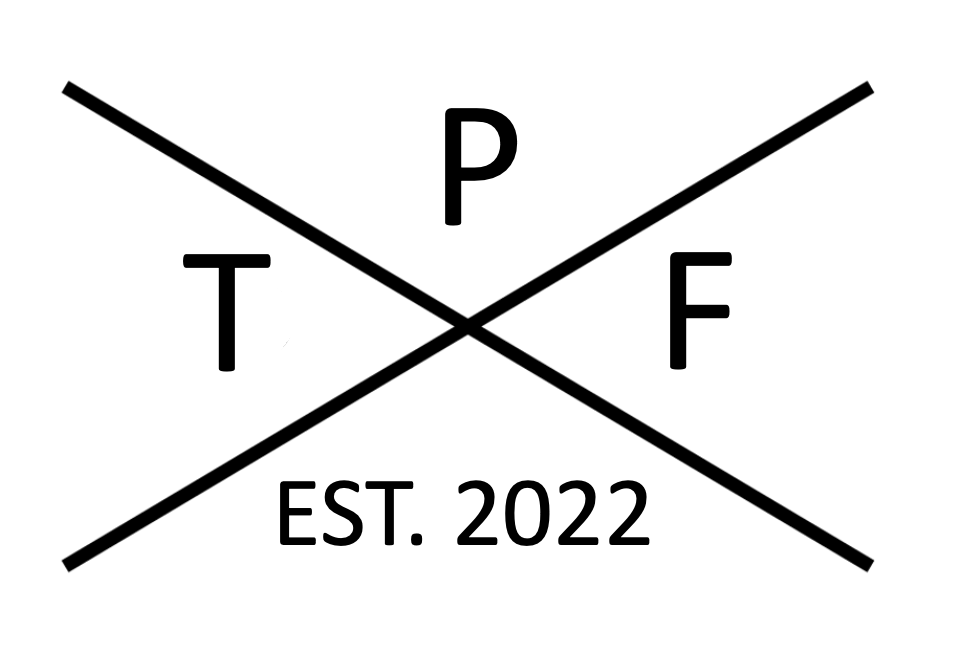It’s no secret that individuals and families feel the squeeze of rising interest rates and prices on nearly everything. Prices from eggs to labor have dramatically increased over the last year, and sadly there’s no end in sight. With the increased costs comes the risk of increased use of credit card debt. Credit report agency TransUnion reported at the end of 2022 that they saw a significant increase use of unsecured loans and credit card debt.
The use of credit cards, while convenient, comes at significant risk if you’re unable to pay off your balance at the end of each month. When you carry over a balance month after month, you’ll likely incur a high-interest rate charge. In 2023, the average credit card interest rate was over 20%. By carrying over a balance, your debt is likely to grow, making it increasingly challenging to make the minimum payments. In turn, this ever-increasing debt can have long-term adverse effects that can take years to settle, and this doesn’t consider the financial strain on you. There’s already enough stress in our daily lives; if we can prevent any additional, that should be the goal.
Another risk of credit card debt is the negative effect on your credit score. Our credit score is used anytime we apply for a car loan or mortgage, and the better the score, the better the interest rate you usually receive. If your debt was to increase, your ability to make timely payments could become progressively difficult. If you begin to miss payments, this will signal to lenders that you’re getting into financial distress. Furthermore, carrying over high credit card balances will be viewed as you at higher risk of default.

What is my credit score
As mentioned, your credit score is critical for securing future loans. Multiple factors make up your credit score, including payment history, average balances, and length of your credit history. The combination of these will result in a credit score between 300 – 850. The higher the score, the better rate a lender should offer you on loans. Unfortunately, improving your score is not an overnight process, but it can take years to enhance significantly. Moreover, if you had to file for bankruptcy, you can expect 5 – 10 years to regain a high score. Due to the numerous variables and the considerable time to make changes, the importance of maintaining good credit card habits can’t be overstated.

How do I improve my credit score
We’ve talked briefing on the importance of your credit score, but I’ll highlight a few tips on how to get your score back on track if it’s lower than you desire. Pull your credit report: You should be doing this regularly regardless of your score. You can pull your report for free annually from Equifax, Experian, and TransUnion. This is a great starting point, as you’ll be able to review your history and identify any errors that may be present. If you identify an error, you can dispute it directly with the credit agency. To order a free credit report, visit Annualcreditreport.
- If you’ve been carrying high balances on your credit cards or have multiple loans, work to lower these. Credit agencies continuously look at how much credit utilization you’re using. Credit utilization is the amount of credit you use compared to your total limit. An example of this would be having a Capital One card with a $1000 limit, and your balance is $500. This means your credit utilization is at 50%. The lower your utilization rate is, the better.
- Ensure all your bills are paid on time. Your payment history and ability to pay all your debts on time are critical to a higher credit score. Nowadays, most companies, including home utilities, offer online payment services. Additionally, many of these companies also have automatic payment services, which can prevent you from occurring late payments. On-time payments are great for your credit score and prevent you from occurring any pesky late fees.
- Lastly, if you’re working to increase/repair your score, hold off on opening any new loans. Showing progress on your current ones and establishing a good payment history will be the priority. Adding more debt may put you at further risk of defaulting and hurt you in the long run.

